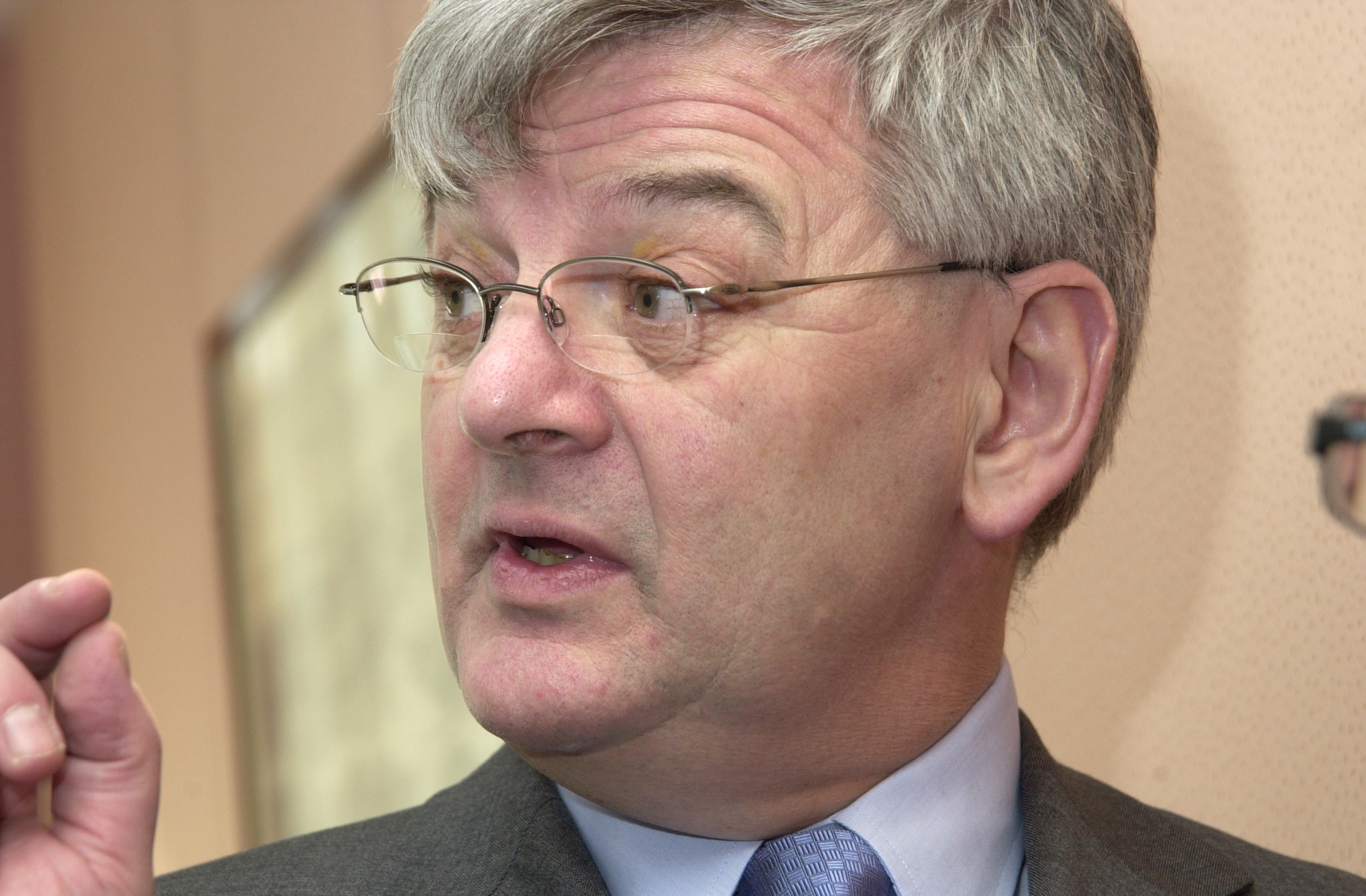
MOSCOW NOT COMING TO TERMS WITH SOVIET OCCUPATION OF BALTIC STATES
Publication: Eurasia Daily Monitor Volume: 2 Issue: 89
By:

Alone among the three Baltic heads of state, Latvian President Vaira Vike-Freiberga will attend the Moscow festivities for the 60th anniversary of Victory Day. Her stated goal in accepting the invitation is to refute Russia’s official version of history about the Baltic states having freely and legally joined the Soviet Union (BNS, May 4). Whether Vike-Freiberga will have an opportunity to do so during the pre-programmed Moscow events is far from clear. The only certainty thus far is that Russia’s official attitude has not become any less hostile toward Latvia since January, when Vike-Freiberga announced her decision to attend the anniversary celebrations. Moscow keeps up its anti-Latvian campaign in international organizations and domestic media and does not seem to be restraining Russian activists within Latvia itself. On May 4, dozens of local Russian activists severely disrupted the ceremony when Vike-Freiberga and other leaders went to lay flowers at the Freedom Monument in Riga on the 15th anniversary of the restoration of Latvia’s independence. Russian television crews filmed the disturbance for the usual play-up coverage that encourages more of the same (BNS, May 4).
On the eve of the anniversary, Estonia’s President Arnold Ruutel, Prime Minister Andrus Ansip, and Moscow ambassador Karin Jaani have urged Russia to improve its relations with the Baltic states by coming to terms with Soviet history. Moreover, Ruutel noted, “An objective judgment of this history by Russia’s leaders would significantly contribute to the democratization of Russia itself.” Minister of Foreign Affairs Urmas Paet, like his Latvian counterpart Artis Pabriks, is redoubling offers to sign the border agreement with Russia in Moscow as soon as possible. The Russian side has held up the signing of the initialed agreement with Estonia since 1999; that with Latvia, since 1997 (BNS, Interfax, May 3, 4; see EDM, May 2).
Lithuanian President Valdas Adamkus, like Ruutel, will honor the victims of war and occupation on May 9 at home. “What is simply needed is recognition of the fact that the 50-year period of occupation indeed existed. We cannot go on the stand in Red Square to celebrate the beginning [in 1945] of an alleged new age. The end of the war was the beginning of more suffering for us. … The war was over on May 8, but May 9 is the beginning of 50 years of slavery. I simply cannot ignore the facts and go over there and simply dishonor the lives we have lost in these 50 years,” Adamkus remarked. “Admitting the truth, however bitter, is the way to create an open and united Europe” (ELTA, AP, May 2, 4).
On May 9 Vilnius and its environs will be the scene of what is probably the most genuine and unreserved reconciliation event among former combatants from opposite sides in the war. Whether the scheduled event will involve Red Army veterans seems unclear. It will clearly involve veterans from the Lithuanian anti-Soviet resistance, from Lithuania’s Local Unit, and from the Polish Armija Krajowa, as well as survivors of the once-large Jewish community. At various stages during the war, these forces fought against the Red Army, against Germans, and against each other in Lithuania. Ultimately, shared values can facilitate reconciliation, as was the case in Western Europe (ELTA, BNS, May 4).
In Estonia, a villager who had served in the Red Army during the war received a personal message from Russian President Vladimir Putin, replete with references to the Soviet Union, and congratulating the veteran on the victory anniversary. The addressee made public his reply, which tells Putin that the Red Army had simply conscripted him at 18, and that on May 9 he would hoist a black-ribboned Estonian flag at half-staff in memory of the victims of Soviet repression (BNS, May 4).




